Your location:Home >Automotive News >
Time:2022-06-01 13:09:11Source:
According to foreign media reports, a team of researchers from Dalhousie University has discovered that a form of nickel-manganese-cobalt lithium battery (Li[Ni0.5Mn0.3Co0.2]O2) can last for a hundred years. .The research team has published their findings in the Journal of The Electrochemical Society, where they describe why the battery lasts so long.
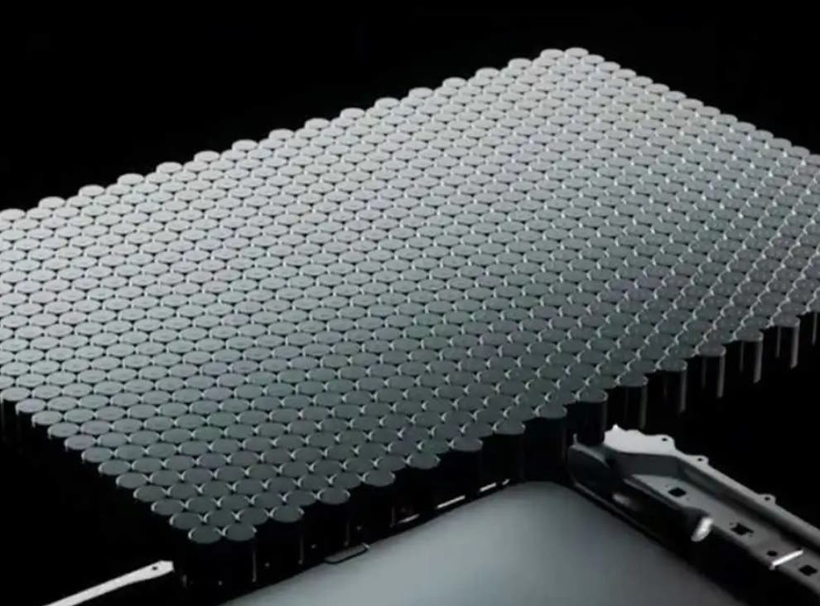
Image credit: Tesla
With humans unable to reduce greenhouse gas emissions and the planet warming, scientists around the world are looking for ways to prevent disasters, including reducing carbon dioxide emissions by switching cars from running on gasoline to new energy sources such as hydrogen or batteries.As of now, using batteries has proven to be an effective alternative, although there are still issues to be resolved, such as the installation of charging stations across the country, and improvements in battery technology.The batteries currently used inelectric vehiclesare very expensive, cannot meet the needs of users, and have a short lifespan.Regarding the service life, the Dalhousie University research team has been concentrating on research and claims to have developed a battery that can last for 100 years.
The new battery is another form of nickel-manganese-cobalt lithium battery.The researchers found that if the nickel-manganese-cobalt lithium batteries were modified to allow use at lower voltages, they would last longer than other similar batteries, and even longer than lithium iron phosphate batteries.Tests have shown that if such cells are run at 3.8 V instead of the standard 4.2 V (and kept at 25°C), they are expected to last about 100 years.
The current problem, the team noted, is that such batteries are more expensive and may not meet the power needs of the car.But the researchers think the battery could work well as a long-term energy storage system.However, the battery is also not very environmentally friendly (although Tesla recently pointed out that a design modification could eliminate the use of cobalt).The research team said that continued research is needed to understand the commercial application possibilities of this battery
Statement: the article only represents the views of the original author and does not represent the position of this website; If there is infringement or violation, you can directly feed back to this website, and we will modify or delete it.
Picture and textrecommendation

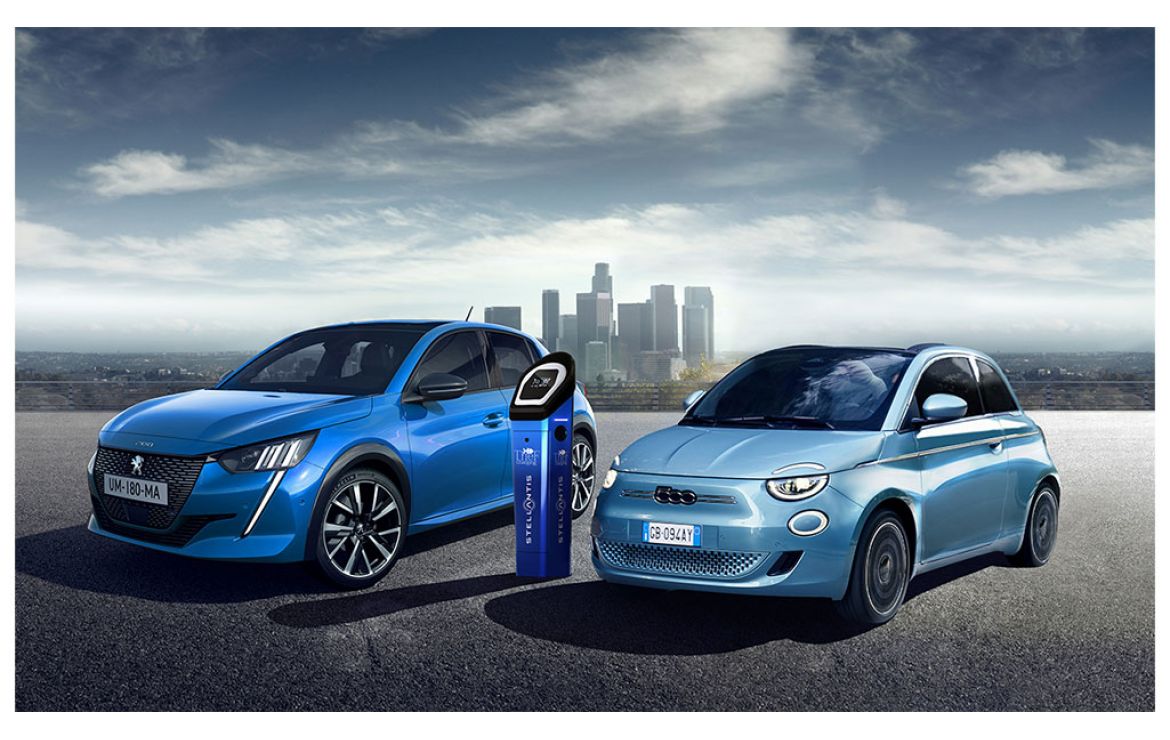
2022-06-01 12:47:09
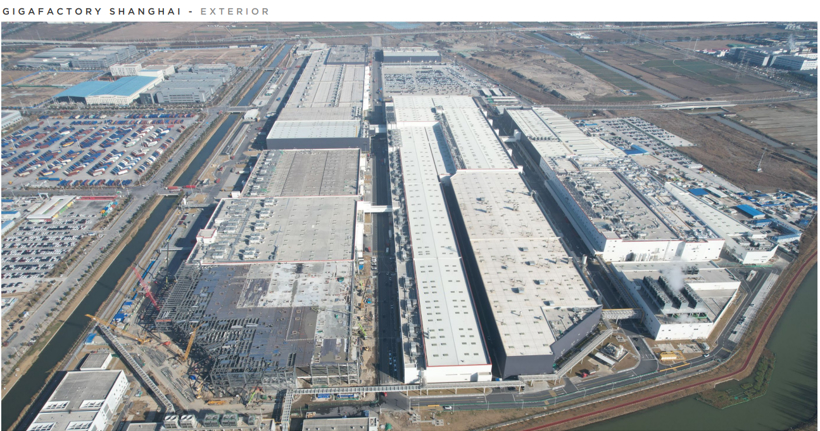
2022-06-01 12:45:20

2022-06-01 12:44:40
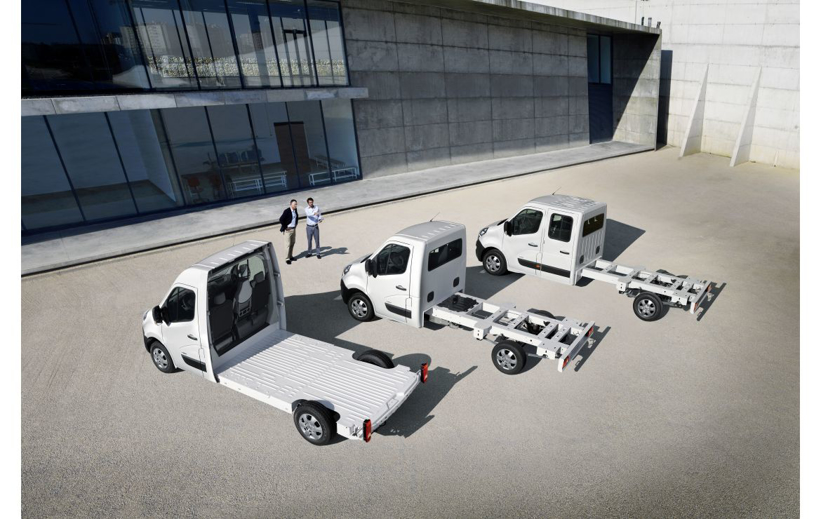
2022-06-01 12:44:04
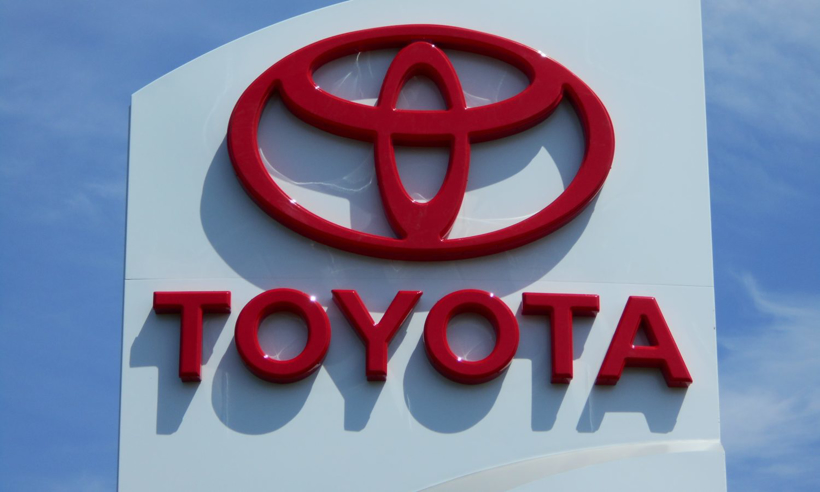
Hot spotsranking
Wonderfularticles
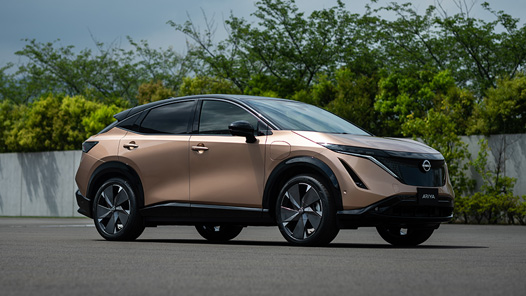
2022-06-01 12:40:39

2022-06-01 12:40:39
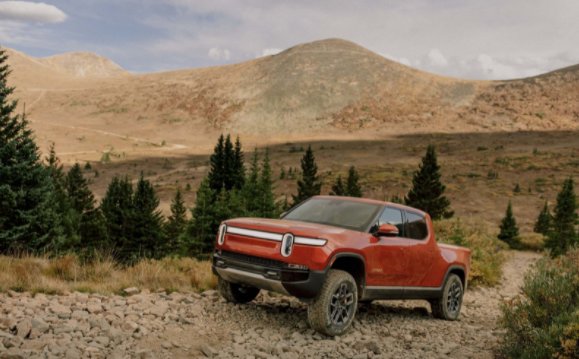
2022-06-01 12:40:13

2022-06-01 12:38:28
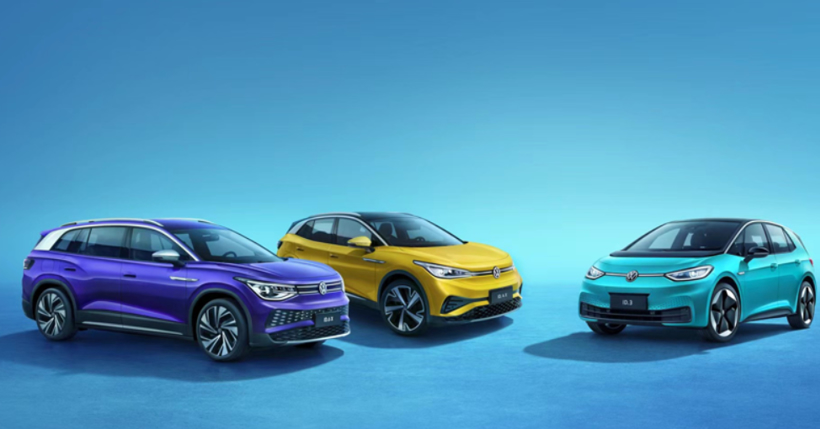
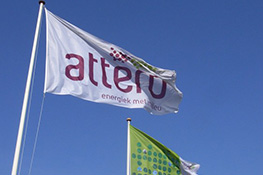
Popularrecommendations
